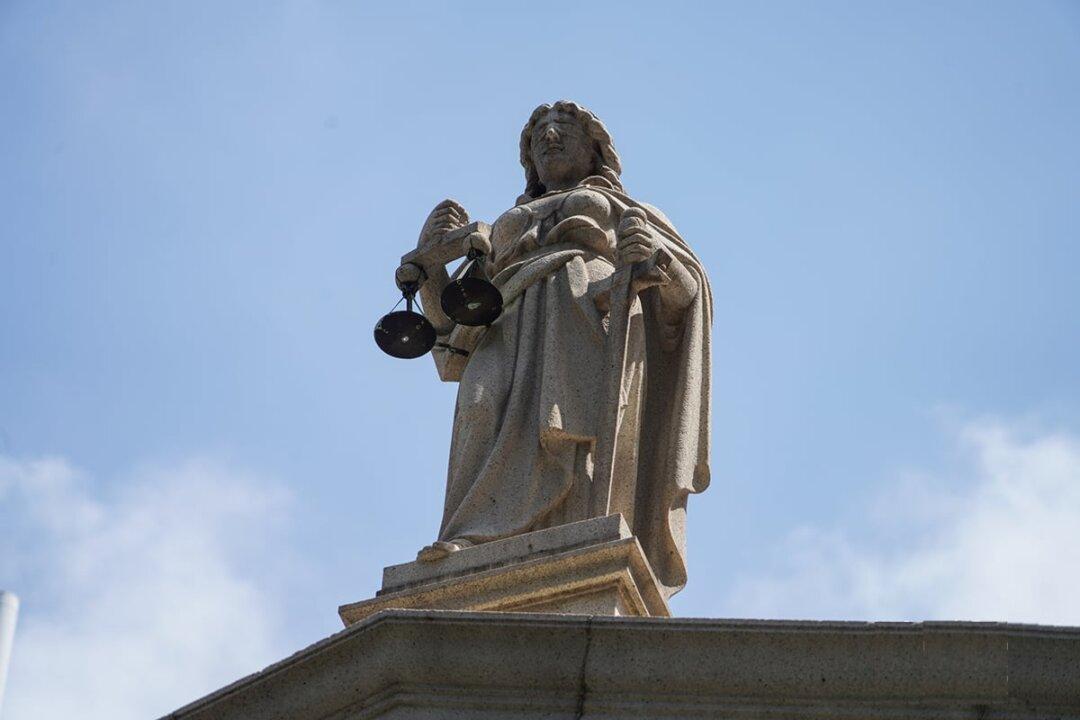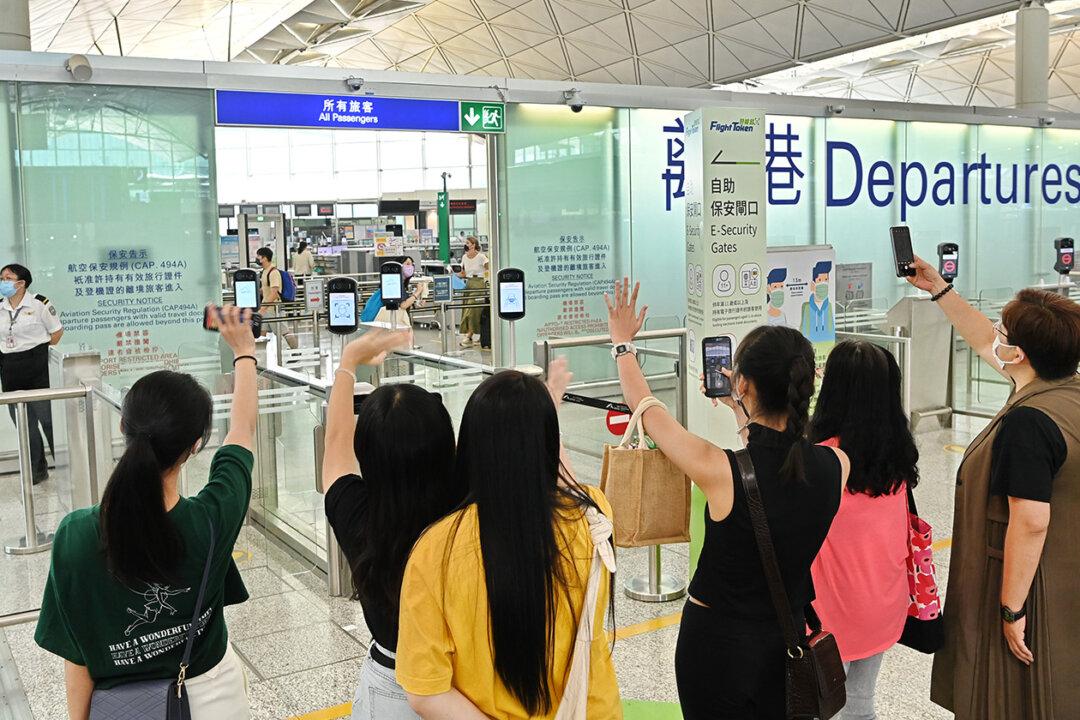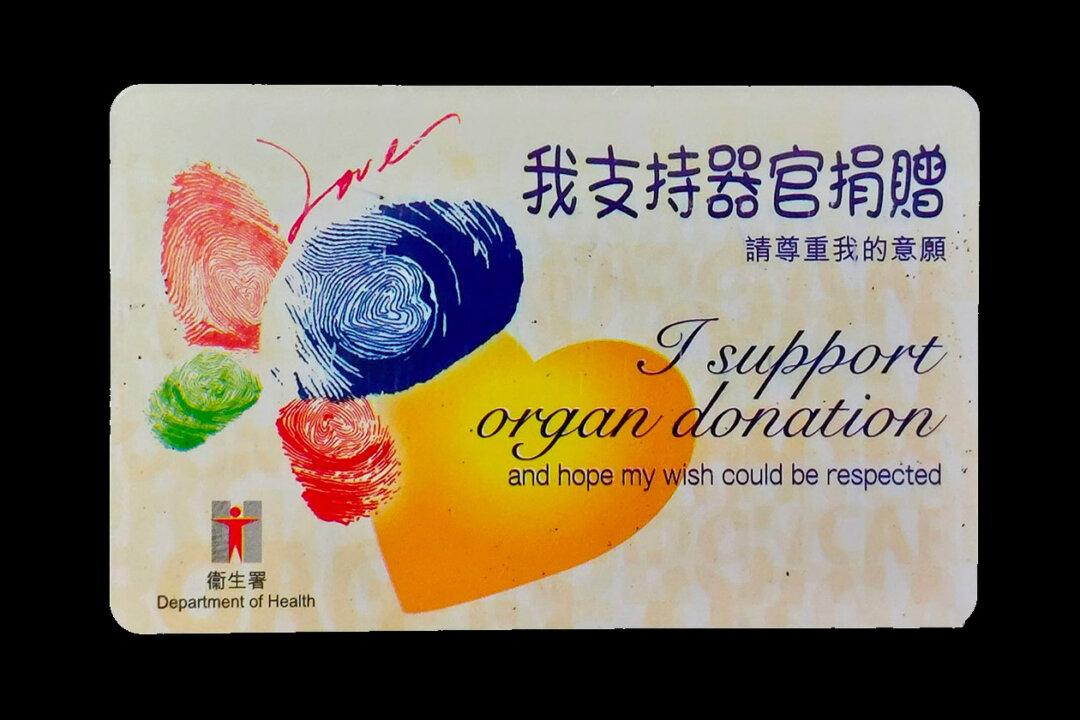As a former British colony, Hong Kong has always inherited the traditional British judicial system; however, since passing the National Security Law (NSL) in 2020, there has been an unprecedented change to the city’s long-cherished judicial independence. In addition to appointing designated judges for sensitive national security cases and cancellation of the jury at the national security trials, even the briefed-out counsels (private practice lawyers engaged by DOJ to assist with prosecuting cases) must agree to observe the NSL.
On Nov. 21, the Hong Kong government (HKgov) unexpectedly requested all government’s briefed-out counsels (on their list) to sign a letter to confirm their compliance with the National Security Law (NSL) and ensure no conflicts of interest occur in the cases assigned to them. As well as observing the confidentiality requirements, the counsels are also asked to refrain from engaging in any activities that may be regarded as contrary to national security interests.
The DOJ has long been assigning cases to the Briefed-Out Counsel (BOC). However, the DOJ had recently objected to allowing a media outlet founder Jimmy Lai, who was charged with violating the NSL, to hire a lawyer from the UK. But this was rejected by the high court on Nov. 9 when it decided to let the lawyer represent Lai. The DOJ lost the appeal and now files a case at the court of final appeal.
Although the private practice lawyer hired by Jimmy Lai is not the BOC hired by the DOJ. The incident still prompted considerable media attention.
DOJ is concerned whether the barristers representing defendants being charged with violation of NSL need to take an oath of obeying the NSL, and any conflict of interest that may be induced.
According to the letter issued by the DOJ obtained by the Sing Tao Daily, the DOJ requested the BOC to have no conflict of interest, which prevents them from acting for the DOJ in the cases assigned to them. The DOJ also quoted Article 6 of the NSL, which provides that any institution, organization, or individual in Hong Kong “shall abide by this Law and the laws of the Region in relation the safeguarding of national security, and shall not engage in any act or activity which endangers national security.”
It also reminded the BOC must not directly or indirectly in any way engage in an act or activity which possibly endangers national security. The letter also quoted the Official Secrets Ordinance and reminded the BOC not to disclose any instructions, data, or documents in relation to their cases.
Scholars and Barristers Criticize the Letter as Unnecessary
Scholar Chung Kim-wah criticized in an interview with the Epoch Times on Nov. 21 that the DOJ was “bringing owls to the Athens.” He thought that the current civil procedure had already given sufficient power to the judge to designate the undisclosable case details and even prohibit the press from reporting any information involved in the trial. In addition, the Code of Conduct and Ethics for lawyers regulates the legal profession not to jeopardize the interests of all parties, violate court regulations, or disclose certain information according to professional requirements.Judge and Jury System Has Changed, Will Barristers be Next?
As a former British colony, Hong Kong has always inherited the traditional British judicial system under the common law system and implemented the jury system in trial cases. The judges should show no political or cultural bias when reaching verdicts. No one can judge whether someone is “right or wrong” before the court makes a judgment. Only under the “defensive system” can the judge judge “right and wrong” in the court.Even after the handover of sovereignty, under the protection of “one country, two systems,” this has not been much changed.
However, since the Chinese Communist Party (CCP) implemented the NSL in Hong Kong in 2020, the cases related to NSL are all handled by designated national security law judges who are appointed by the Chief Executive, and the court upholds the decision for no jury at the national security trial.
After the implementation of NSL, 47 pro-democracy activists and opposition politicians were charged with conspiracy to commit subversion. 30 of them were not granted bail and have been adjourned until now for around two years. Their cases were transferred to the High Court in June.
However, New Hong Kong’s Secretary for Justice Paul Lam ordered a trial without jury in the case for the reason of protecting state secrets or the safety of jurors and their families.
The barrister—another important role in the judicial system is given the right to appear in court. For more than 100 years, they have been required to uphold the spirit of the rule of law and justice and should represent the defendant “completely independently, fairly, and objectively.”
However, the DOJ unexpectedly issued letters to listed BOC to request committing their obedience to NSL and warned them not to “engage in any act or activity which endangers national security.” with the maximum penalty of life imprisonment. The incident aroused concerns and doubts about whether the barrister could represent the defendant in a manner “completely independent, fair, and objective.”




